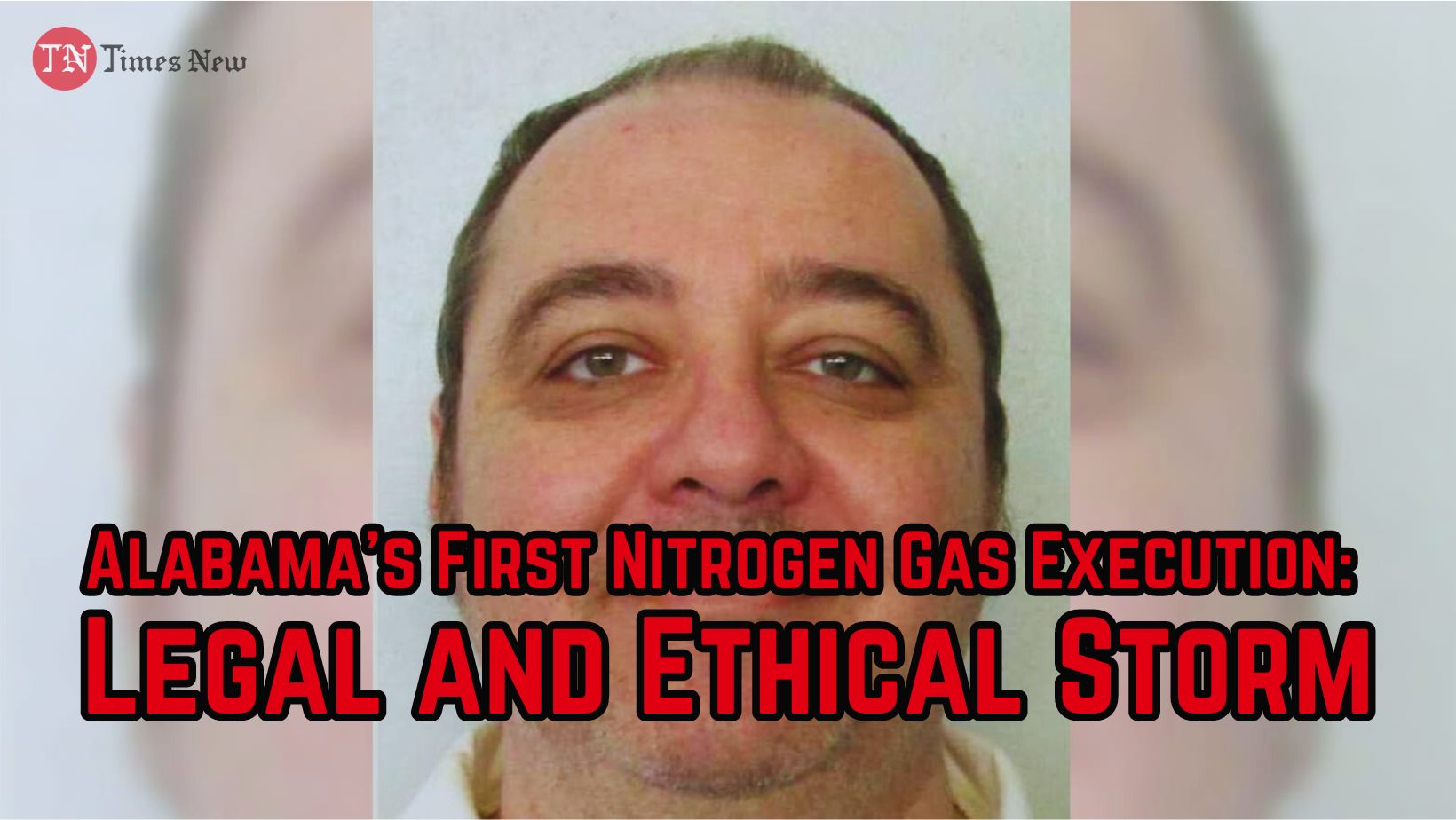
In a groundbreaking and controversial case, the US Supreme Court has declined to halt the execution of Alabama death row inmate Kenneth Smith, who is scheduled to be put to death using nitrogen gas – a method never before used in the United States. Smith, convicted for his role in a 1988 murder-for-hire, had his execution by lethal injection aborted 14 months ago due to technical difficulties. The upcoming execution, planned within a 30-hour window starting Thursday, is raising significant concerns among experts and human rights activists over potential cruelty and constitutional violations.
Litigation efforts by Smith’s attorneys, which included appeals to both the Supreme Court and the US Court of Appeals for the Eleventh Circuit, have so far been unsuccessful. The appeals raised issues regarding the novel execution method and the risk of “superadded pain.” Despite these challenges, both courts have denied the stay of execution. The Alabama Attorney General’s office, defending the state’s decision, argues that the use of nitrogen hypoxia is a more humane method of execution. However, concerns remain about the secrecy surrounding the process and the potential for a painful and inhumane death.
This case has garnered international attention, with United Nations experts expressing alarm over the use of nitrogen hypoxia, which they fear could lead to a painful and humiliating death. Questions about the method’s constitutionality and compliance with international human rights standards are at the forefront of the debate. Smith’s execution, if carried out as planned, will mark a significant moment in the history of capital punishment in the United States.
Pic Courtesy: google/ images are subject to copyright









